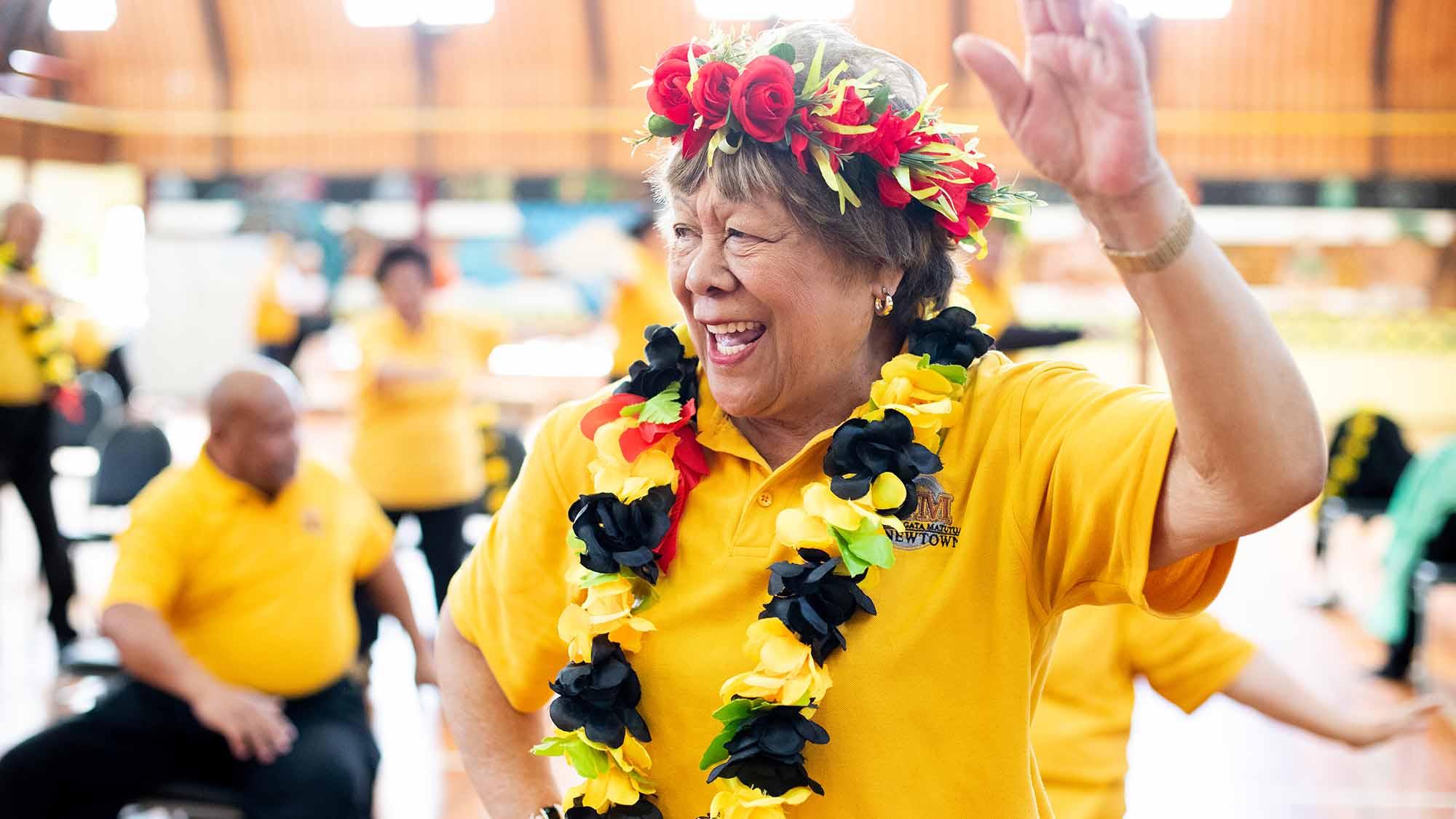
Bone health
Taking good care of your bones is vital in helping you stay active as you age. Find out ways you can improve and maintain your bone health.
Last updated 28 April 2025

Taking good care of your bones is vital in helping you stay active as you age. Find out ways you can improve and maintain your bone health.
Last updated 28 April 2025
Looking after your body is even more important as you get older – and that includes your bones. It’s never too late to improve your bone health, at any age. Learn about bone conditions, ways to improve bone health, and the importance of regular screening to reduce the risk of fractures.
If you’ve broken a bone after a fall or, you may need to talk to your doctor about osteoporosis. Osteoporosis is bone disease that causes your bones to become thin, weak, and brittle. This can increase your risk of fractures, especially in your hips, spine, and wrists. The good news is there are lifestyle changes you can make to improve your bone health.
Talk to your doctor about your risk of osteoporosis, and other bone conditions, if any of the following apply to you:
Your doctor can monitor and treat underlying factors that can cause a fall. They can assess your risk factors, send you for screening tests for osteoporosis and other bone conditions, and recommend the right treatment. Get the most out of your time with your doctor by:
Take the ‘Know Your Bones’ self-assessment test and learn some steps to improve your bone health.
For more information on taking good care of your bones, visit the following websites: